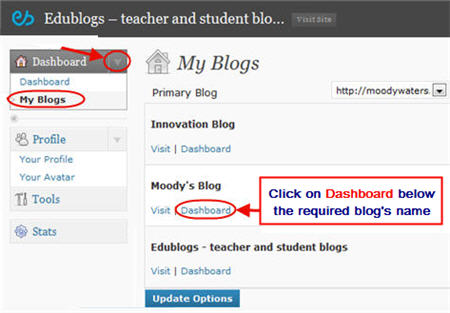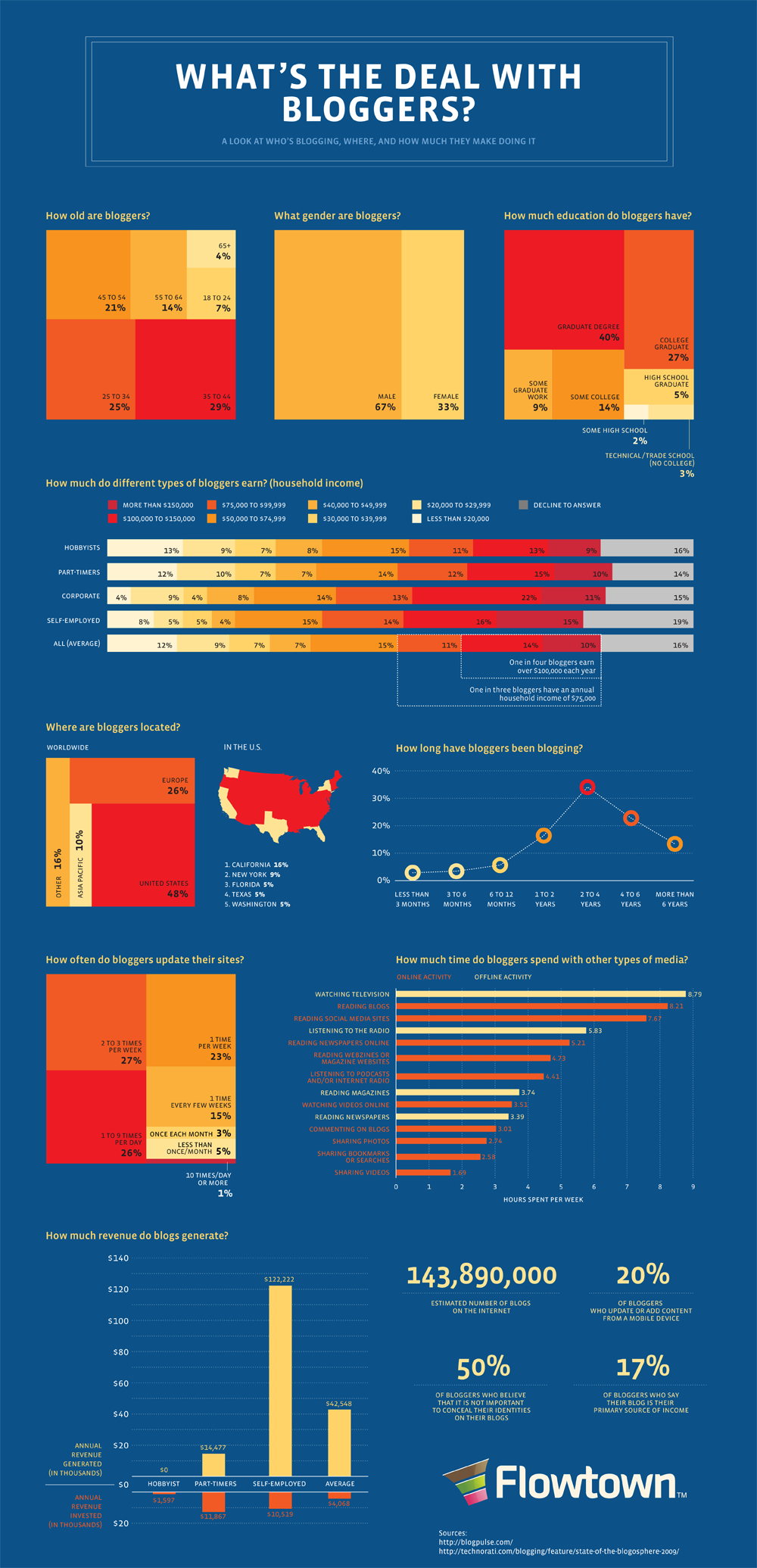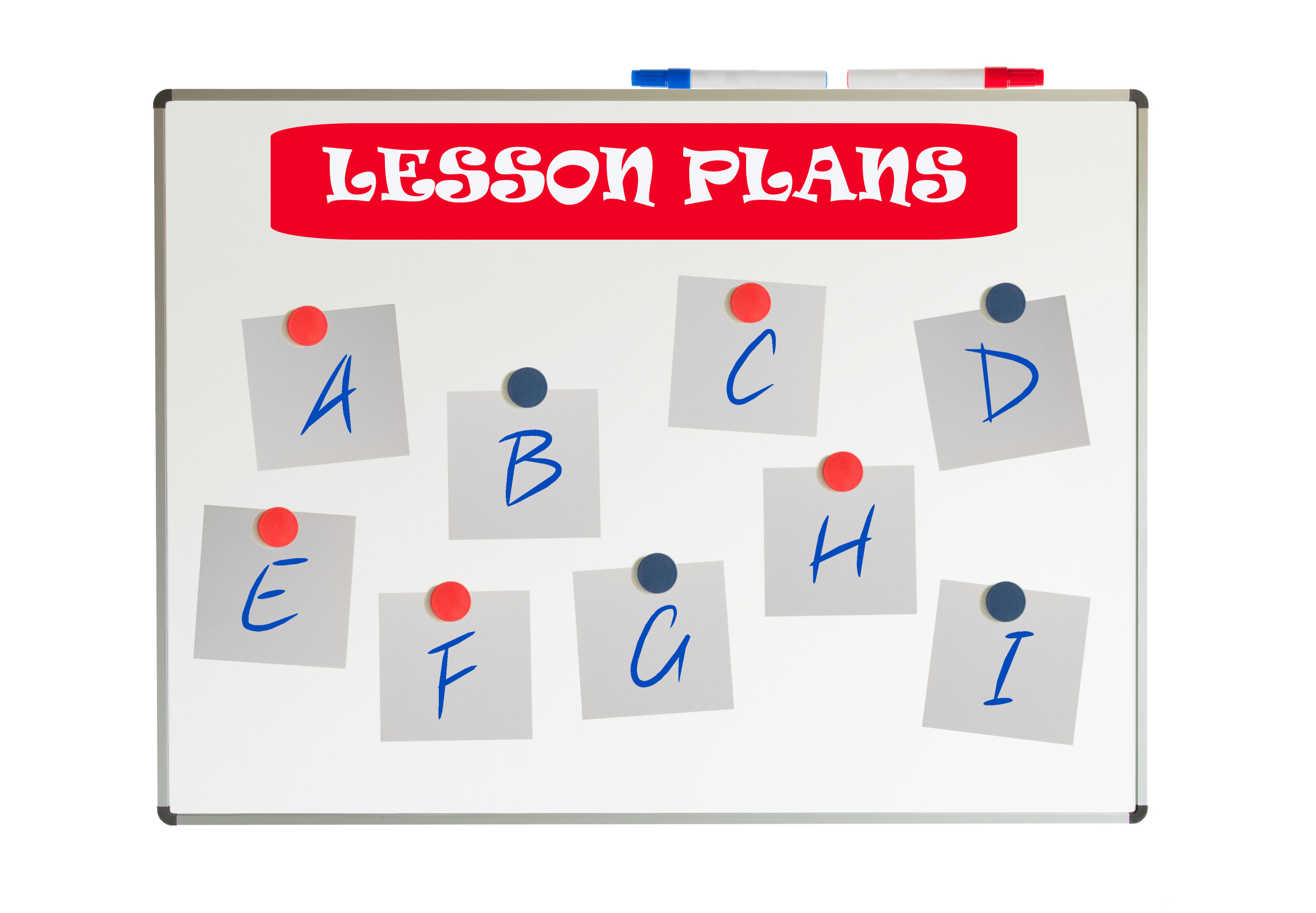Category: Blogging
Dear Otto: What Are Good Guidelines for Younger Bloggers?
 Dear Otto is an occasional column where I answer questions I get from readers about teaching tech. If you have a question, please complete the form below and I’ll answer it here. For your privacy, I use only first names.
Dear Otto is an occasional column where I answer questions I get from readers about teaching tech. If you have a question, please complete the form below and I’ll answer it here. For your privacy, I use only first names.
As we roll into a new year, recommitting to goals of improved writing and collaborating on learning, here’s a great question I got from Chaya:
I’d like to help my teachers start class blogs, but would love some kind of document on policies such as what to post/not to post, what needs passwords, etc. I’d like to get the student work out there while continuing to protect their safety and privacy.
Thanks!
I spent some time digging into what most people are using. Turns out, there’s a list that seems pretty good adapted from Academy of Discovery wiki wiki. Everywhere I checked, this is the list I got (often, personalized to the school’s unique situation):
Share this:
- Click to share on Facebook (Opens in new window) Facebook
- Click to share on X (Opens in new window) X
- Click to share on LinkedIn (Opens in new window) LinkedIn
- Click to share on Pinterest (Opens in new window) Pinterest
- Click to share on Telegram (Opens in new window) Telegram
- Click to email a link to a friend (Opens in new window) Email
- More
5 Great Tech Ed Blogs You May Not Have Heard Of
 Here are five more of the blogs I read to get inspired, motivated, re-energized:
Here are five more of the blogs I read to get inspired, motivated, re-energized:
- Cybraryman–a massive resource of materials curated by a teacher. You don’t want to miss this one.
- Diary of a Public School Teacher–this blog will warm your heart. Lisa is upbeat, hard-working, and authentically integrates technology into her students’ days. I love reading her story.
- EdTechSandy–Sandy is one of those educators that seems to have her finger on the trends that drive technology in education. I often visit her blog to orient my thinking, see what I’ve missed at Geographically-Undesirable conferences and center my pedagogy. Here’s her bio:
I am a professional educator with 18 1/2 years of experience in education. My areas of interest include teaching with technology, educator professional development, online blended & distance learning, social media in education, and digital citizenship. I want to build bridges between thinkers in the cloud and teachers in the classroom.
Share this:
- Click to share on Facebook (Opens in new window) Facebook
- Click to share on X (Opens in new window) X
- Click to share on LinkedIn (Opens in new window) LinkedIn
- Click to share on Pinterest (Opens in new window) Pinterest
- Click to share on Telegram (Opens in new window) Telegram
- Click to email a link to a friend (Opens in new window) Email
- More
10 Things My Blog Taught Me
When I started this blog three years and 657 posts ago, I wasn’t sure where to take it. I knew I wanted to connect with other tech teachers so I used that as the theme. Now, thanks to the 491,000+ people who have visited, I know much more about the ‘why’. It’s about getting to know kindred souls, but there is so much more I’ve gotten from blogging. Like these:
How to write
We bloggers divide ourselves into two categories: 1) those who write short, under-1000-word posts and 2) those who write in-depth, lengthy articles. I’ve chosen the former. I like pithy ideas that my readers can consume in the time it takes to drink a cup of coffee. As a result, I’ve learned to be frugal with my words. I choose verbiage that conveys more than one-word’s-worth of information and I leave tangential issues for another post. Because I realize readers are consuming on the run, I make sure to be clear–no misplaced pronouns or fuzzy concepts like ‘thing’ or ‘something’.
Prove my point
This part of writing transcends what print journalists must do. Yes, they do it, but my readers expect me to support ideas with interactive links to sources. If I’m reviewing a tech ed concept, I link to other websites for deeper reading. That’s something that can’t happen in paper writing. Sure, they can provide the link, but to put the paper down, open the laptop, copy that link–I mean, who does that? In a blog, I get annoyed if someone cites research and doesn’t provide the link.
Listen
When I write an article, I cross post to other parts of my PLN, sometimes to ezines I contribute to in other parts of the world.
And then I listen. What are readers saying? What are their comments/suggestions to me? Often, I learn as much from readers as what I thought I knew when I wrote the article.
For example, I get many emails from tech ed professionals with questions about our field. I used to answer them based on my experience. Now, I have my Dear Otto series where I share my thoughts and solicit input from readers. Wow–have I learned a lot from that! The flipped blog–teacher becomes student.
Share this:
- Click to share on Facebook (Opens in new window) Facebook
- Click to share on X (Opens in new window) X
- Click to share on LinkedIn (Opens in new window) LinkedIn
- Click to share on Pinterest (Opens in new window) Pinterest
- Click to share on Telegram (Opens in new window) Telegram
- Click to email a link to a friend (Opens in new window) Email
- More
How Do I Decide What to Write About?
I’d like to claim that I pick topics of paramount importance in the tech ed community, the pinnacle of edtech conversations and just must be talked about.But that’s not true. I select the topics that interest my readers. It’s a pull-through approach rather than push-through.
You-all communicate what you’d like to read about in several ways:
Share this:
- Click to share on Facebook (Opens in new window) Facebook
- Click to share on X (Opens in new window) X
- Click to share on LinkedIn (Opens in new window) LinkedIn
- Click to share on Pinterest (Opens in new window) Pinterest
- Click to share on Telegram (Opens in new window) Telegram
- Click to email a link to a friend (Opens in new window) Email
- More
Monday Freebie #27: Internet Skills for K-8: Blogs
Create a classroom blog. Show students how to interact on it, answer questions, add their ideas. Include pictures, student schedule, location of your wiki and more
(more…)
Share this:
- Click to share on Facebook (Opens in new window) Facebook
- Click to share on X (Opens in new window) X
- Click to share on LinkedIn (Opens in new window) LinkedIn
- Click to share on Pinterest (Opens in new window) Pinterest
- Click to share on Telegram (Opens in new window) Telegram
- Click to email a link to a friend (Opens in new window) Email
- More
#27: Internet Skills for K-8: Blogs
Blogs are the most exciting educational tool to come along since… well, wikis, twitter and email. Without any effort on the teacher’s part, students become enthralled with writing. (more…)
Share this:
- Click to share on Facebook (Opens in new window) Facebook
- Click to share on X (Opens in new window) X
- Click to share on LinkedIn (Opens in new window) LinkedIn
- Click to share on Pinterest (Opens in new window) Pinterest
- Click to share on Telegram (Opens in new window) Telegram
- Click to email a link to a friend (Opens in new window) Email
- More
How Blogs Make Kids Better Writers
If kids are inspired to write, they get better at writing. The trick is to make writing fun.
Blogs do that. The students get to interact with their favorite toy–a computer–and go online for legitimate purposes. They get to see their thoughts in print. What could be more appealing. Blogs and online forums are a teachers dream.
The problem is how teachers use these tools. Like every good skill, blogging and online writing requires a bit of explanation. Start with these simple rules:
- Be concise in a blog. Readers don’t go to blogs to read a novel. They want something that will help them in, say, a minute (that seems to be the average time people spend on a post)
- Be pithy. Readers don’t want to waste even that sixty seconds. They may get tricked the first time by a snazzy title, but not again. So, students must put their thoughts together in a cogent and concise arrangement.
- Be knowledgeable. There are so many bloggers out there, students must come across as intelligent on their topic and smart enough to discuss it in that one minute the reader gives them. How do they do that?
- Watch grammar and spelling.
- Pick a topic they know about. If it’s an opinion, pick something they have ideas about.
- Don’t tear down the other guy’s opinion as a way to promote their own. This sort of mean-spiritedness turns people off.
For more great reasons why blogs are good for kids, visit Educational Blogging Wiki–including helping them find their voice and empower their maturing identities.
Share this:
- Click to share on Facebook (Opens in new window) Facebook
- Click to share on X (Opens in new window) X
- Click to share on LinkedIn (Opens in new window) LinkedIn
- Click to share on Pinterest (Opens in new window) Pinterest
- Click to share on Telegram (Opens in new window) Telegram
- Click to email a link to a friend (Opens in new window) Email
- More
Ask a Tech Teacher Receives an Award
 Did you notice the new seal in the left sidebar? Ask a Tech Teacher–Homeschool Edition–received a seal of approval from the proclaimed EdAnywhere, voted #1 by Homeschool.com We are proud to be part of the resources they make available to all homeschoolers to integrate technology into the homeschool curriculum.
Did you notice the new seal in the left sidebar? Ask a Tech Teacher–Homeschool Edition–received a seal of approval from the proclaimed EdAnywhere, voted #1 by Homeschool.com We are proud to be part of the resources they make available to all homeschoolers to integrate technology into the homeschool curriculum.
We are proud to be included in this community. I encourage everyone to click on the seal and visit this wonderful site for homeschooling ideas.
Share this:
- Click to share on Facebook (Opens in new window) Facebook
- Click to share on X (Opens in new window) X
- Click to share on LinkedIn (Opens in new window) LinkedIn
- Click to share on Pinterest (Opens in new window) Pinterest
- Click to share on Telegram (Opens in new window) Telegram
- Click to email a link to a friend (Opens in new window) Email
- More
What’s it Like to Be a Blogger?
Do you ever wonder who would sit in front of a computer and post articles, day after day, week after week, with no idea how many people are reading them or if they’ll ever make any money doing this? Are they frustrated journalists? Desperate housewives? Just plain bored and in need of a platform?
I’ve got the answers for you. I write five blogs as well as columns for this newspaper and Technology Integration in Education. I’m not paid for any of them (not a salary as a corporate blogger is), yet I happily do it. My reasons are varied, but I’ve been at it for several years, so it seems to be more than a passing fad. Here’s the breakdown:
Here’s the breakdown:
- If you blog, you’re probably 35-45, or in a broader sense, 25-55 (check for me) (more…)
Share this:
- Click to share on Facebook (Opens in new window) Facebook
- Click to share on X (Opens in new window) X
- Click to share on LinkedIn (Opens in new window) LinkedIn
- Click to share on Pinterest (Opens in new window) Pinterest
- Click to share on Telegram (Opens in new window) Telegram
- Click to email a link to a friend (Opens in new window) Email
- More






































